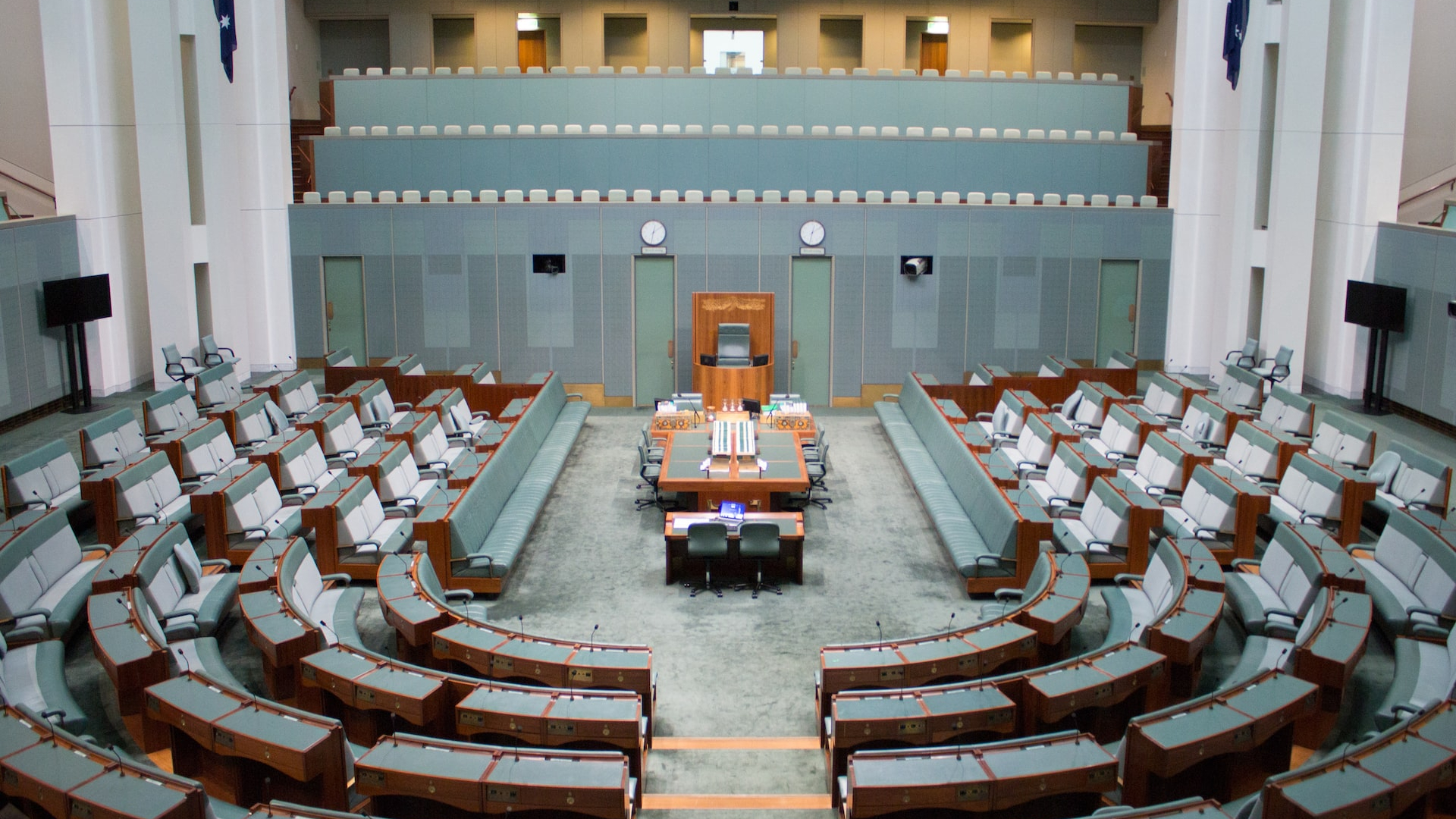Imagine four people.
The first appears to work in heavy industry. They value their family, their local work lifestyle, and they’re fiercely patriotic.
The second is younger, university educated, looks markedly alternative, and is passionate about social justice and all manner of niche social issues.
The third is a middle class entrepreneur, who is passionate about finance, concerned about government spending, and values the freedom to do as they please.
And the fourth is concerned about perceived national decay, is skeptical about immigration, and seems weirdly obsessed with the military.
These groups are seemingly disparate and incompatible, yet ten years ago we would have put the first two together, and the last two together. But now, if anything, the combinations of one and four, and two and three, appear to have more in common.
It used to be very easy to define political camps. You were left-wing if you were a socialist, and you were right-wing if you were a capitalist; that was the dividing line of what faction you belonged to, regardless of your own secondary views.
But now the terms of the debate have changed. Economics has taken a back seat, and now being left-wing carries a connotation of being globally connected, culturally open, and viewing identity as fluid, while being right-wing means to be closed off, stress concepts such as homeland, and view identity as being fixed.
If this leaves you scratching your head, you’re not alone; these are confusing political times. You may have heard friends say that they feel more left or right-wing than they did a few years ago, yet their beliefs and values haven’t really changed.
This is because being left or right-wing doesn’t actually have anything to do with the mix of issues you identify with right now, and instead is a sort of meta-narrative on your fundamental worldview.
It all makes sense when you see politics not as a square, with a social and economic axis, but rather as a line.
The further to the left you are, the more progressive you are.
The further to the right you are, the more reactionary you are.
People who are left-wing are fundamentally of the belief that we can change society, that there are ideal goals we can achieve, our chains must be broken, and established norms are an arbitrary impediment to these.
People who are right-wing are fundamentally of the belief that there are fixed, unchangeable aspects of society, and trying to change them is pointless and dangerous.
The notion of the definition of left and right changing is nothing new. The great liberal and proponent of free trade Frédéric Bastiat sat on the left side of the National French Assembly, where the terms draw their name from.
These were the anti-royalists, the radicals. The pro-monarchy aristocrats sat on the right. But what would someone who would be termed a right-wing neoliberal by modern standards have in common with the radical socialists of (yet another) French revolution?
Bastiat, as someone who wanted to empower the average person to own property and freely exchange with their peers, had far more in common with radical socialists than the sclerotic, established Ancien Régime of the French monarchy.
But then take the politics of the mid-to-late 20th century. We had a modern, liberal order, with established networks, the family structure, and a capitalist society.
Big state socialism was a threat to this; it is a radical, utopian ideal where we can have something for nothing, where politics is the primary vehicle for social change. and we would not be bound by the needless injustices of capitalism.
By contrast, the free market ideal is that organic, private organizations have the most meaningful knowledge and are best suited to “run” society. It says that is all you can hope for, and trying to fix or change things will cause problems elsewhere.
When you look at it from that angle, it looks downright conservative. And that is why neoliberalism has traditionally been seen as right-wing.
Which brings us to the modern day and our focus on culture.
Ever wonder why formerly neoliberal parties on the right are scrapping the economics and are fast turning to collective populism and suddenly becoming the “party of the common man”?
The heavy industry worker and traditional conservative may not see eye to eye on things such as unions, but they are fundamentally concerned with globalism “robbing” them of their national culture and livelihood. They both value stability, the home, and what has been.
The university-educated social justice warrior and the financier may have differing views on capitalism, but they both support disruption. In their own way, they both think that we are not bound by anything, that nationalism is an archaic concept, and that everything is a commodity.
This is why your political alliances are tenuous. They are simply a product of the times, and not your core identity. As our current political realignment rumbles on, ask yourself how you fundamentally view the world: you may have more in common with former enemies than you think.
Are you a student interested in getting involved in pro-liberty activism? By applying to join Students For Liberty’s Local Coordinator Program, you can be supported in promoting the ideas of liberty while also developing your skills and meeting many like-minded students from across the world. Click on the button below to find out more and get involved!
This piece solely expresses the opinion of the author and not necessarily the organization as a whole. Students For Liberty is committed to facilitating a broad dialogue for liberty, representing a variety of opinions.



